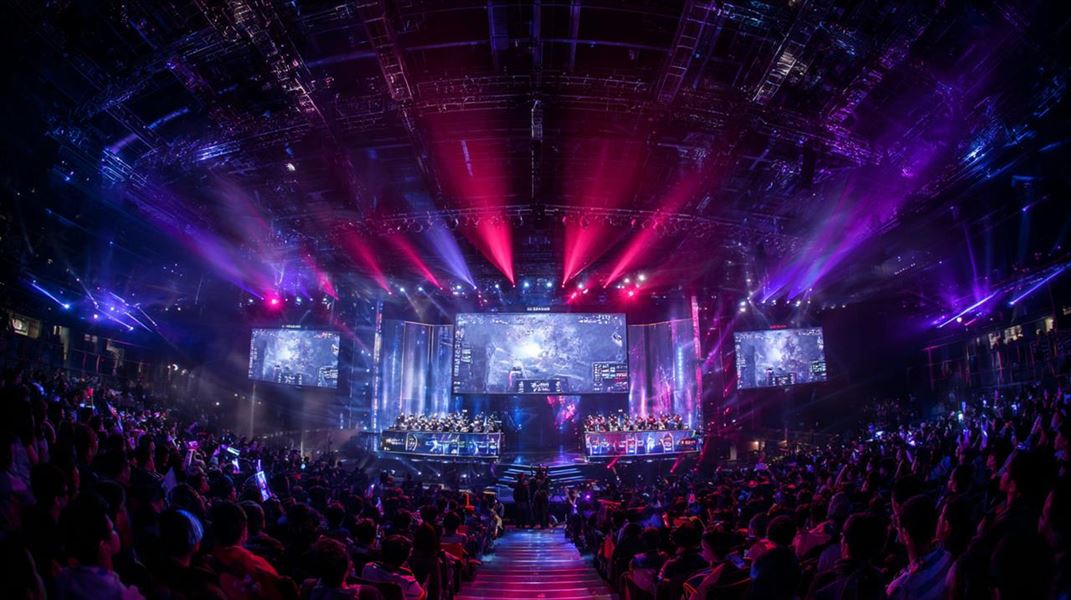What is esport?

Esport - short for electronic sports - refers to organized competitive video gaming. It has transformed from a niche hobby into a global billion-dollar industry, with professional teams, lucrative prize pools, and dedicated fanbases. As traditional sports leagues explore digital angles, esports continues to grow rapidly, bridging entertainment, technology, and competition.
The Rise of Esports
The genesis of esports can be traced back to informal gaming competitions in the 1980s. However, the competitive gaming scene began to flourish in the late 1990s and early 2000s with the advent of high-speed internet and games like StarCraft and Counter-Strike. As the gaming community expanded, esports began to formalize with leagues, tournaments, and international events.
Major Titles in Competitive Gaming
Many video games have competitive scenes, but a few titles stand out for their popularity and structure. Some of the most prominent esport titles include:
- League of Legends (LoL): A strategic team-based game known for its global championship and massive viewership.
- Counter-Strike: Global Offensive (CS:GO): A tactical first-person shooter with a long-standing competitive scene.
- Dota 2: Known for “The International” tournament, which features some of the largest prize pools in esports.
- Fortnite: Combines battle royale gameplay with dynamic esports competitions for players of all ages.
- Valorant: A newer title blending tactical shooting with unique agent abilities, growing rapidly in the pro scene.
Infrastructure and Ecosystem
The esports industry is supported by a complex ecosystem of developers, teams, sponsors, and media outlets. Game publishers often manage esports leagues to promote their titles and maintain competitive integrity. Teams operate much like traditional sports franchises with coaches, training facilities, and business operations.
Streaming and Media Coverage
Platforms like Twitch and YouTube have played a pivotal role in esports growth. Livestreaming enables fans to watch matches live, interact with content creators, and follow their favorite players. Many events now feature professional commentators, multi-camera production, and real-time analytics, rivaling traditional sports broadcasts in quality.
Monetization and Sponsorship
Esport generates revenue through various streams:
- Sponsorships: Major brands such as Coca-Cola, Nike, and Intel sponsor teams and events.
- Media Rights: Organizations license broadcasting rights to networks and content platforms.
- Merchandising: Fans purchase team jerseys, gaming peripherals, and digital content.
- Tournament Winnings: Prize pools often run into millions of dollars, offering income to top players.
Global Impact and Cultural Influence
Esports has broken geographic and cultural barriers, attracting players and fans from all over the world. Events like the League of Legends World Championship or The International draw viewers in the tens of millions, with national pride being a strong motivator for many teams and fans. Esports now features in schools, universities, and even discussions about Olympic inclusion.
Challenges and Future Outlook
Despite its success, the industry faces several challenges:
- Maintaining player health in a rigorous training environment
- Ensuring inclusivity and diversity across gender and region
- Addressing match-fixing and fairness through governance
Looking ahead, technological advancements such as virtual reality (VR) and artificial intelligence (AI) could reshape the future of esports. As more platforms and brands invest in this space, the boundaries between traditional sports and digital competition will continue to blur.
Conclusion
Esport is no longer a subculture confined to gaming communities. It has emerged as a dynamic and influential sector of modern entertainment, uniting millions of fans, players, and professionals across the world. With its continual innovation and broad audience appeal, esports is poised to play an even larger role in shaping the future of digital culture and global sports.